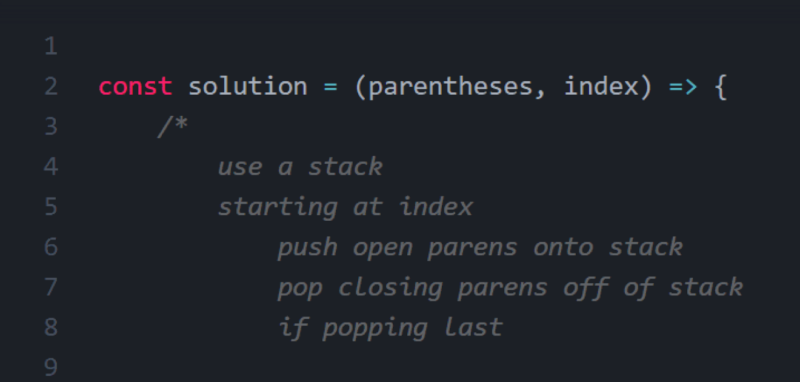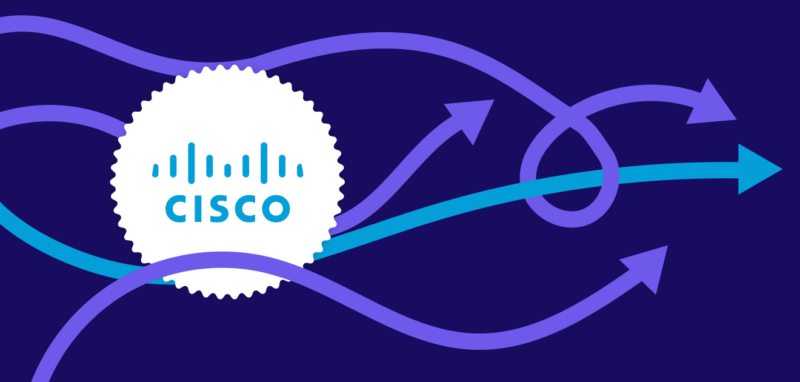Tech skill
R Skills
All about R
R is a language designed for data manipulation and visualization. It is capable of doing various statistical computing and graphic generation. This includes linear and nonlinear modeling, classical statistical tests, time-series analysis, classification, and clustering)
R provides a wide range of statistical and graphical techniques, making it the tool of choice for analyzing and visualizing data in fields such as bioinformatics, finance, social sciences, and more. It offers an extensive collection of packages contributed by the R community, providing solutions for various statistical tasks and data manipulation.
What to use R ForR offers a range of capabilities and features, making it suitable for various data analysis and statistical computing tasks. Here are some key applications of R:
- Data Exploration and Visualization: R is used for exploring and visualizing data through a variety of graphical techniques, including histograms, scatter plots, box plots, and more. With packages like ggplot2 and lattice, R enables users to create informative and visually appealing plots that reveal insights and patterns in the data.
- Statistical Analysis: R provides a comprehensive set of statistical functions and algorithms for conducting various types of analyses, such as hypothesis testing, regression analysis, time series analysis, and clustering. With packages like stats and forecast, R users can perform advanced statistical analyses and inferential tests to derive meaningful conclusions from data.
- Machine Learning: R is increasingly used for building machine learning models and predictive analytics applications. With packages like caret, randomForest, and xgboost, R users can train and evaluate a wide range of machine learning algorithms, including classification, regression, clustering, and dimensionality reduction, to solve real-world problems.
- Data Manipulation: R offers powerful tools for manipulating and transforming data, including filtering, sorting, merging, and aggregating datasets. With packages like dplyr and tidyr, R users can perform data wrangling tasks efficiently and intuitively, enabling them to clean and preprocess data for further analysis.
- Reproducible Research: R promotes the principles of reproducible research, allowing users to create dynamic and interactive documents that combine code, results, and narrative text. With tools like R Markdown and knitr, R users can generate reports, presentations, and interactive dashboards that capture the entire data analysis workflow, making it easy to share and reproduce research findings.
Here’s what it means to be an R developer:
- Proficiency in R: An R developer is fluent in writing R code, including understanding R’s syntax, data structures, and functions. They are familiar with R’s built-in functions and operators, as well as the extensive collection of packages available in the R ecosystem, and know how to leverage them effectively in their analyses.
- Statistical Analysis Skills: R developers have expertise in statistical analysis techniques and methods, including descriptive statistics, hypothesis testing, regression analysis, and machine learning. They understand statistical concepts like probability distributions, sampling methods, and statistical inference, and know how to apply them to real-world data analysis tasks.
- Data Visualization Skills: R developers have skills in data visualization and graphical representation using R’s plotting libraries and packages. They know how to create a wide range of plots and charts to visualize data distributions, relationships, and trends, and how to customize plots to convey insights effectively to audiences.
- Reproducible Research Skills: R developers have skills in reproducible research practices and tools for creating dynamic and interactive documents. They know how to use R Markdown and knitr to integrate code, results, and narrative text into documents that can be easily shared, collaborated on, and reproduced by others.
- Domain Knowledge: R developers have domain-specific knowledge and expertise in fields such as biology, finance, social sciences, and more. They understand the unique challenges and requirements of their domain, and know how to apply statistical methods and techniques to address specific research questions and problems.
As we look ahead to 2024, the demand for R developers continues to grow, and new skills and capabilities are required to stay ahead of the curve. Here are some of the most important skills for R developers in 2024:
- Advanced Statistical Techniques: R developers need to have skills in advanced statistical techniques and methods, including Bayesian statistics, time series analysis, spatial statistics, and network analysis. They should be familiar with specialized packages and libraries for performing these types of analyses and interpreting the results effectively.
- Machine Learning and Deep Learning: R developers should have skills in machine learning and deep learning techniques for building predictive analytics models. They should be familiar with popular machine learning algorithms and frameworks like TensorFlow and Keras, and know how to implement them in R using packages like keras and tensorflow.
- Data Engineering and Big Data: R developers need skills in data engineering and big data technologies for processing and analyzing large volumes of data. They should be familiar with tools like Apache Spark and Hadoop for distributed computing, and know how to integrate R with these technologies to perform scalable and parallelized data analysis tasks.
- Data Visualization and Storytelling: R developers should have skills in data visualization and storytelling techniques for communicating insights and findings to non-technical audiences. They should be able to create visually appealing and informative plots and charts, and know how to craft narratives that engage and persuade stakeholders.
- Collaboration and Teamwork: R developers should have skills in collaboration and teamwork for working effectively in multidisciplinary teams. They should be able to communicate and collaborate with data scientists, analysts, domain experts, and stakeholders, and know how to contribute to projects that require diverse skill sets and perspectives.
R resources
Check out our resources to continue sharpening your R skills.
Hired profiles help developers showcase their top tech skills
After passing Hired skills assessments, candidates have the chance to showcase their skills to employers. They can opt to present an ‘Assessments’ badge on their profile. Candidates may take various assessments including Programming Skills, Full Stack, Backend, Frontend, iOS, Android, Debugging, Dev Ops Generalist, and Dev Ops AWS.
Find R jobs on Hired.
Hiring R developers can bring numerous benefits to your organization:
- Data Analysis Expertise: R developers bring expertise in statistical computing and data analysis, enabling them to derive insights and make data-driven decisions that drive business growth and innovation.
- Reproducible Research Practices: R developers promote the principles of reproducible research, ensuring that their analyses are transparent, verifiable, and replicable by others, and that research findings can be trusted and validated.
- Advanced Analytical Capabilities: R developers have skills in advanced statistical techniques and machine learning algorithms, allowing them to tackle complex and challenging data analysis tasks that require specialized expertise and domain knowledge.
- Data Visualization and Communication Skills: R developers excel at communicating insights and findings through data visualization and storytelling techniques, enabling them to convey complex information in a clear, compelling, and accessible manner to stakeholders and decision-makers.
Looking for candidates skilled in R? Technical assessments are a multi-pronged solution. They allow you to streamline the hiring process and reduce bias with tech skill-focused benchmarks.
Hired Assessments offer a library of hundreds of questions and customizable coding challenge campaigns tailored to technical preferences. Centralize and standardize your evaluation process as you surface top talent with specific, hard-to-find skills.
See how Mastercard and Axon used Hired Assessments to vet top candidates.
Resources you’ll love

Need A Technical Assessments Do-Over? How To Assess Tech Skills
Technical interview alternatives for better skill-based hiring outcomes In today’s...

Bold Predictions & Benchmarks: Master Tech Hiring in 2024 (VIDEO)
What do industry experts predict for tech recruitment this year? In this on-demand webinar, you’ll...

Cisco Turns Talent Acquisition Professionals into Talent Advisors
Fourth in the Tech Employers Leading the Way Series Editor’s Note: Tech Employers Leading the...
